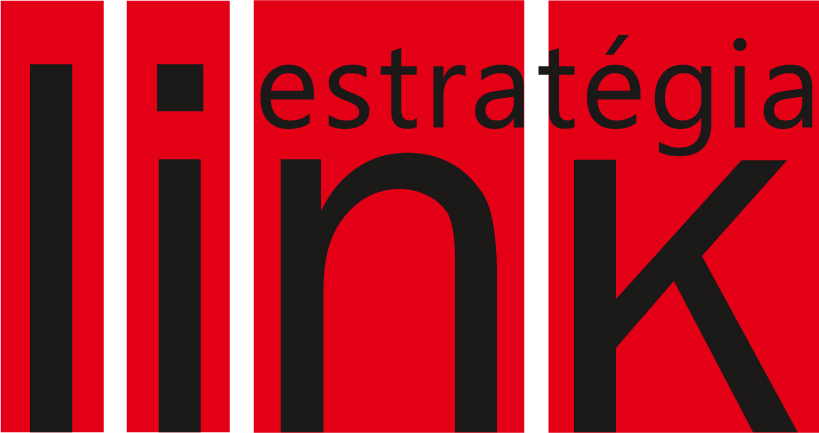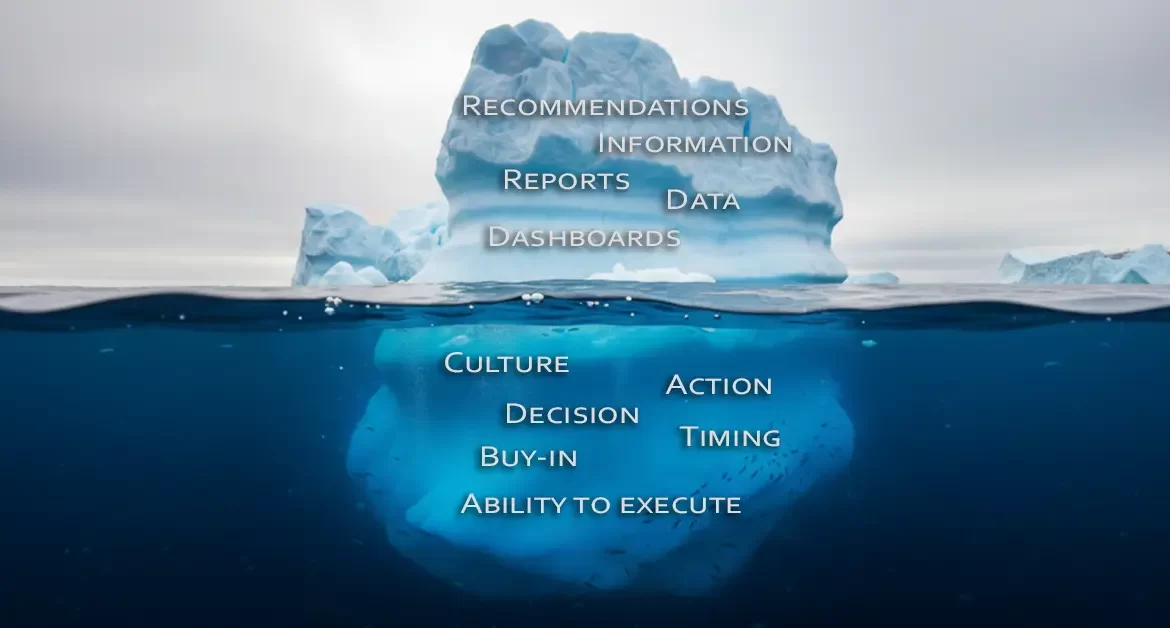Have you ever stopped to think about how certain global trends will affect your business? This isn’t a common exercise among companies and their leaders. The focus on the company’s immediate and tangible surroundings can sometimes catch them off guard.
And I’m not talking about obvious trends like global inflation or the devaluation of the real. All (competent) entrepreneurs pay attention to that. But what about the development of autonomous vehicles, for example? The resumption of space exploration? The increase in extreme weather events?
Normally, a business owner outside of the automotive or logistics sectors wouldn’t pay much attention to the issue of autonomous cars, for example. But there are impacts, rest assured. Sometimes threats, sometimes opportunities.
We once served a multinational company that produces, among other things, makeup. The company’s R&D department was looking to identify general trends that would impact its business in the long term.
In their case, we made a connection between autonomous vehicles and the opportunity to develop cold and heat-resistant makeup products. The reasoning, based on many interviews with key people in various areas and fields of knowledge, is that more people will apply makeup while driving, since they won’t need to be fully aware in the driver’s seat.
In very worm climates, like Rio de Janeiro, or very cold ones, like Copenhagen, makeup products that can withstand these temperature variations will have an advantage. Simply because some people will prefer to keep their makeup bag in the car instead of carrying it with them.
It seems like a distant relationship, but there is a method to arrive at this type of analysis. One that we use at Link is an adaptation of the so-called Delphi method. The Delphi method consists of assembling panels of experts in a given subject to obtain a consensus analysis.
We subverted this method by assembling panels with people of different profiles and backgrounds. Instead of, say, working only with cosmetics experts, we recruited specialists in climate change, information technology, energy, entrepreneurship, social inclusion, education, fashion, etc.
This more diverse environment (not only in terms of career, but in background, geographic origin, language, social class) promotes creativity and creates the possibility of richer insights that go beyond current thinking. The famous “thinking outside the box.” The interweaving of different areas generates new and unusual ideas, which are then validated using the traditional Delphi method.
This approach is especially rich for corporate venture capital areas, for example. Large companies that want to invest in R&D and disruptive startups first need to define their theses, identifying what is disruptive but has growth potential and will generate tangible ROI over time. Public entities and class institutions, responsible for long-term policies, also benefit from this type of approach.
In addition, by recruiting experts from various areas, outside the traditional audience of the company or institution, new networking opportunities are established. Each of these panelists becomes a node that attracts more people with similar profiles to the company or institution’s network, further enriching the process.

Eager to explore long term trends?



